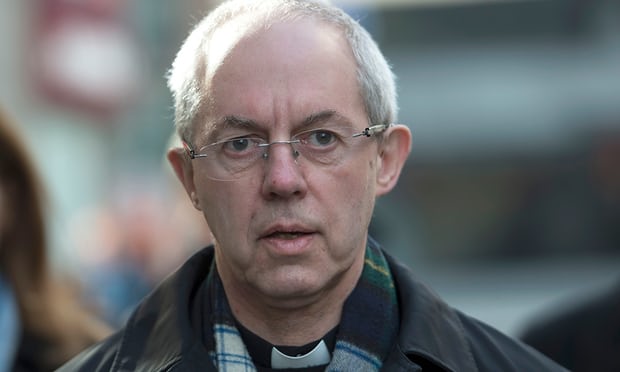The Guardian View of Abuse in the Church: a Truly Dreadful Story
The Guardian
The Independent Inquiry into Child Sexual Abuse is just finishing its investigation of the scandals involving the Church of England in Sussex or, in the jargon, the diocese of Chichester. What it has found, in the words of one witness, has been “horrifying to a huge degree, because you see this extraordinary and atrocious willingness to turn a blind eye to things going very, very seriously wrong, and entirely damaging human beings for their whole lifetimes”. The speaker was Justin Welby, the present archbishop of Canterbury. He can’t on this occasion be accused of overstatement. The picture that has emerged of the Church of England is an organisation almost paralysed by self-importance, but lacking in real self-confidence and, as a result, almost wholly unaccountable, even internally. Bishops quite often burned all their confidential files on leaving office, to ensure there was no evidence to trouble their successors. The clergy were held to be more important than the laity, and the bishops far superior to the parish clergy. The archbishop told the inquiry that he thinks every day about how the church will answer for its sins on the day of judgment, but few people within it seem to have been troubled by the thought of any earlier reckoning. This goes for both the preceding archbishops of Canterbury, Lord Williams and Lord Carey. Lord Carey, who submitted two paragraphs of written evidence to the inquiry, was sacked last summer by Mr Welby from his post as an unpaid parish priest after details emerged of his suppression of evidence in the case of Peter Ball, who had abused boys as a junior bishop in Chichester before being promoted to become bishop of Gloucester and finally arrested, charged and sentenced after one of his victims killed himself. Lord Carey still believes he has been treated unfairly, and some of his conservative evangelical supporters claim that he is being persecuted for his theological views. Lord Williams gave evidence that there may have been a reluctance to pursue priests who abused children because the church, embarrassed by its earlier attitudes to gay clergy, was wary of seeming “judgmental about people’s sexual activities”. He also said he was entirely unaware of the efforts of his staff to throw all the blame for the scandal on to the then bishop of Chichester. In fact the diocese of Chichester was exceptional only in its shamelessness, not in the attitudes for which it should have been ashamed. As recently as 2013, the current archbishop of York, John Sentamu, minuted “no action” on a written complaint from one of his priests before assuring him of his thoughts and prayers. Matthew Ineson had described his rape, as a young man, by another priest (who later committed suicide rather than face trial). Staff defended Mr Sentamu’s response on the grounds that dealing with the rape of one of his priests was actually the responsibility of the diocesan bishop, Steven Croft, whose own account of his inactions has not been entirely convincing. But this evasion just won’t do, either morally or as a matter of policy. Compare and contrast Mr Welby’s statement to the inquiry that “it is not an acceptable human response, let alone a leadership response” to say “I have heard about a problem, but … it was someone else’s job to report it”. Mr Welby is working on cultural changes. The outside world must help him along. Mandatory reporting to the civil authorities of any suspicion of child abuse is the very least of the measures that need be taken. If the church wants to recover any moral authority, it must practice penitence and not just preach it.
|
.
Any original material on these pages is copyright © BishopAccountability.org 2004. Reproduce freely with attribution.
